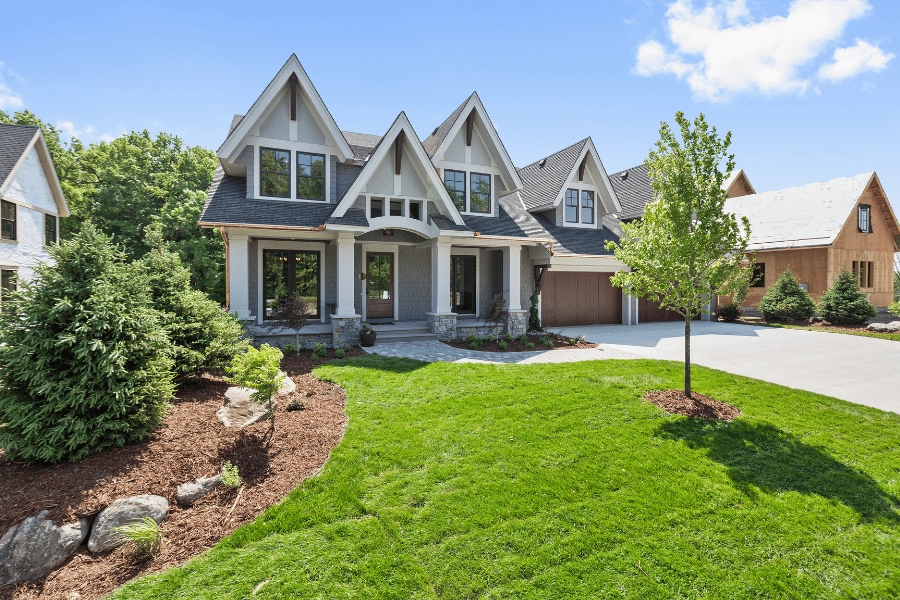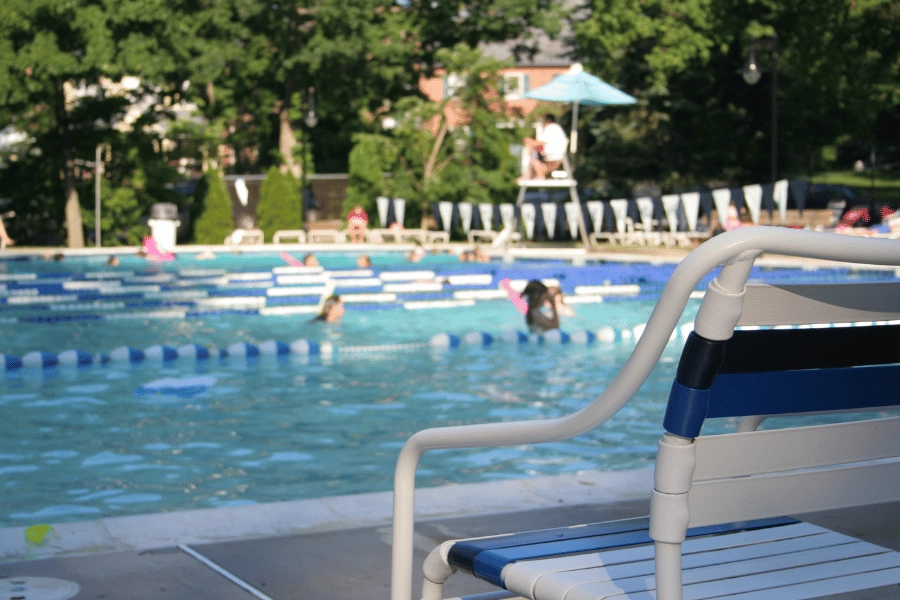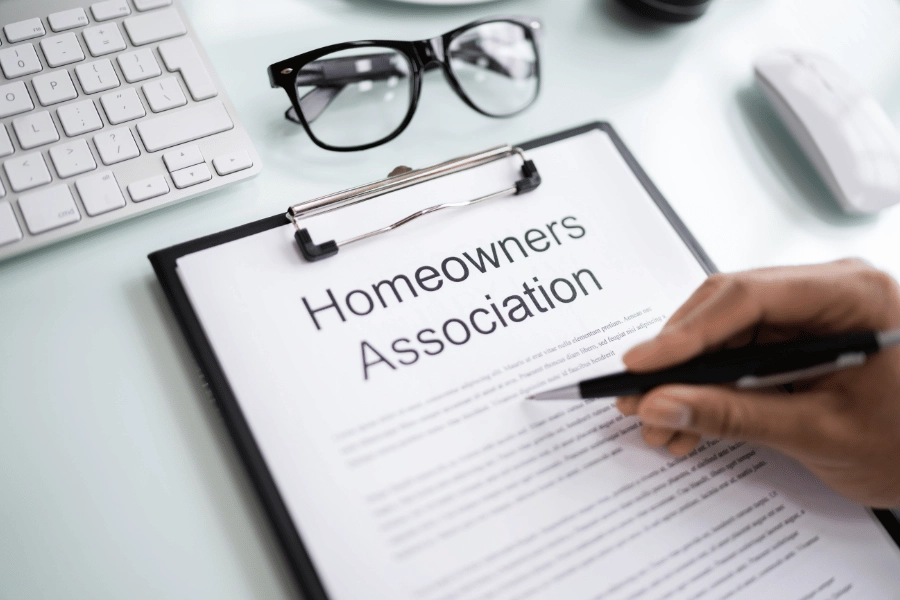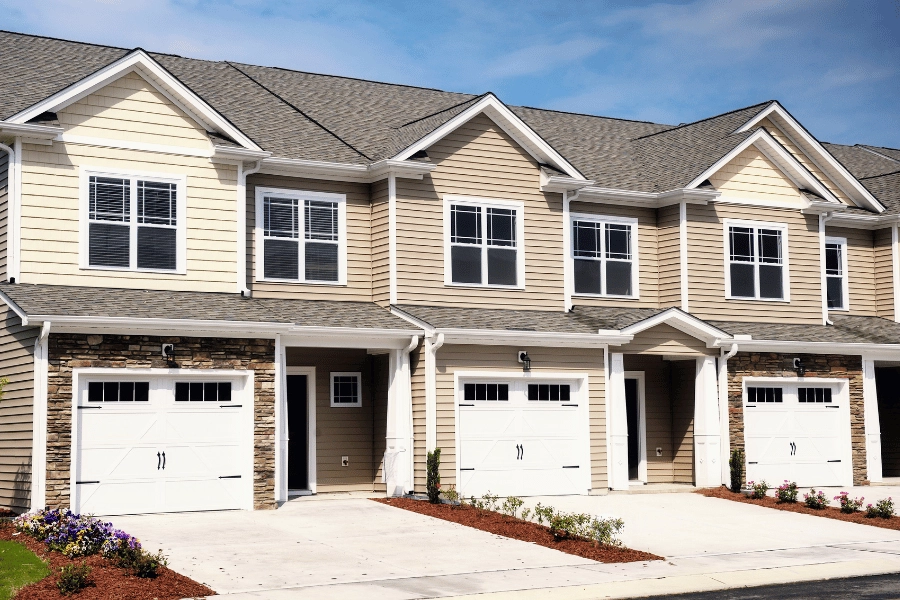Common HOA Bylaws and Covenants
Do you want to know more about HOA rules and regulations? Here are ten standard HOA bylaws and covenants that you need to know!
An HOA, or Homeowners Association, is an organization that governs a residential community and enforces rules throughout it. Typically run by a board of homeowners elected by the community, the goals of an HOA are to keep the neighborhood running smoothly, provide services to residents, maintain property values, and improve the quality of life throughout the community.
Every HOA has a set of bylaws and covenants, which are legal documents that the HOA follows. Bylaws define how an HOA operates and generally include information about board member election terms, meeting frequency, the community budget, and the amendment process for modifying bylaws in the future. Covenants are rules, conditions, and restrictions that govern the community of homeowners.
HOA bylaws and covenants are legally binding and enforceable by the board of elected officials. Typically filed with the state or county recorder's office, an HOA is an integral part of a community, and its bylaws and covenants keep it in order. While some homeowners do not like paying HOA fees and dealing with the rules and restrictions put in place, an HOA offers many benefits and is responsible for maintaining and providing shared amenities that the whole neighborhood can use.
HOA Bylaws
HOA bylaws are legally binding and harder to change than covenants since they are a set of rules that outline how an HOA operates and makes decisions. Bylaws are the first thing that is created when an HOA is established and tend to cover a wide range of topics.
Board of Directors
The board of directors in an HOA is a group of people elected by homeowners to make decisions and enforce rules throughout a community. The board typically includes a president, vice president, secretary, and treasurer. Each role has different duties and responsibilities, which should also be outlined in the bylaws.
Meetings
The bylaws also dictate how often HOA meetings are held, how they are conducted, how many members must be present, and who is responsible for the meeting agenda.
Membership
Each member of an HOA has the right to vote during the election process. All membership requirements should be outlined in the HOA bylaws and explain how elections are conducted, how often elections occur to vote in new board members, and the term limits of board members.
HOA Covenants
HOA covenants focus on homeowners' daily activities and are a set of rules that everyone living in a neighborhood is expected to follow.
1. Parking
Rules vary from community to community, but most HOAs have rules about parking and vehicles in the neighborhood. These rules usually concern where vehicles can be parked, how long they can be parked, and what types of vehicles can be parked either in the driveway or on the street. In some cases, especially in apartment or condo communities, there can even be a limit on the number of cars parked in the driveway or common areas.
Speed regulations throughout a neighborhood are also enforced and generally coincide with local laws. Many HOAs have restrictions on vehicle types that can be parked within a community and seen by homeowners and visitors. Vehicles typically not allowed include trailers, campers, work vehicles, boats, and RVs. This is often due to aesthetics and the need to keep property values high.
Usually, homeowners can park vehicles in their driveways, but some HOAs will have rules about parking on the street and overnight parking. In most cases, if a neighborhood has common areas, an HOA might only allow vehicles to park there between certain hours of the day. Otherwise, vehicles can be towed.

2. Noise
Most communities have noise rules, but they tend to vary by location and county. Noise restrictions within an HOA typically include quiet hours and the size of gatherings to keep the neighborhood peaceful and enjoyable for all residents.
In Wake County, quiet time is between 11 PM and 7 AM, and many neighborhoods within the Raleigh area follow the same noise ordinance. Before reporting a noise ordinance violation to the local police department, you should review your community rules and regulations and contact the neighbor directly to address the issue and resolve the conflict.
3. Landscaping
It is common for HOAs to have specific guidelines regarding landscaping due to aesthetics. Many new communities want homes to look polished, well-maintained, and similar in appearance, which can be obtained through regular landscaping upkeep in the front and backyards.
Landscaping rules in an HOA may include how often lawns and yards are mowed and weeded, fertilizers and pesticides used, acceptable plant types, the height of bushes and shrubs, and the removal of mature trees. Since fences are also considered part of landscaping, many HOAs prohibit fences over a specific type and require them to be of a particular material, design, and color.
Keeping your home visually appealing through daily landscaping practices can be a lot of work, but it can also be a fun way to get outdoors and soak up the sunshine. If living with roommates, this can be a good bonding experience and a fun thing to do together as a team.
As a homeowner, if you want a specific plant in your front yard not explicitly mentioned in the HOA rules and regulations, you must submit a request for approval, which can either be approved or denied.

4. Exterior Modifications
Since HOAs want to maintain a similar aesthetic throughout a community, any exterior modifications to a property typically need approval. Common design changes listed in HOA rules and regulations include exterior paint colors, changing mailbox design, structural additions such as a back deck or patio, adding sheds or outbuildings, fencing installation or replacement, window and door replacement, roofing changes, and installing solar panels.
As solar panels gain popularity, many HOAs allow them, but in most cases, they must be on the back of the home instead of the front. HOAs typically have strict guidelines regarding exterior modifications and design changes, and homeowners need approval from an HOA board before changes can be made.
5. Common Areas
While not all neighborhoods have common areas, golf courses, and gated communities tend to have areas available for resident use. These common areas are community pools, clubhouses, gyms, tennis courts, sports fields, event spaces, sidewalks, and parking lots. The Maintenance of these spaces is generally paid for through HOA fees charged to residents.
Rules and regulations set in place by the HOA tend to include these common areas and community spaces to ensure respectful behavior, proper use, and overall resident safety. Common HOA rules regarding common areas include operating hours, crowd sizes, visitor rules, pet restrictions, clothing requirements, noise control, children supervision, reservation systems, maintenance guidelines, and overall code of conduct when common areas are in use.

6. Decorations
The holidays are an exciting time of year, but decorations should be kept within the restrictions set by an HOA to avoid a fine. Rules regarding Christmas lights, hanging flags, inflatables, and large displays can cover the decorations' size, location, color schemes, and timing, meaning when they can be put up and when they should be taken down.
While it might be fun to decorate for Christmas early, make sure that all decorations are put up within the necessary time frame and are put away early in the new year. Avoid distracting lights, noisy decorations, and decorations with offensive or inappropriate themes. Most HOAs have guidelines about decoration types.
7. Pets
Most HOAs have rules and regulations regarding pets to ensure the safety and health of residents. While an HOA can not legally remove a pet from an owner's property, there can be limitations on breed, the number of pets in a household, the size or weight of the pet, the species of the pet, the requirement of spaying and neutering, and how pet waste is managed.
Most of the time, pet restrictions enforced by an HOA are in condominium and apartment communities. Still, suburban neighborhoods can require pets to be leashed when walking throughout the community, may limit noise levels from a pet, and request that all pets be registered with the HOA so that behavior can be monitored and managed.

8. Rental Rules and Restrictions
An HOA might set rules and restrictions regarding renting. Some neighborhoods do not allow renters at all. In contrast, others might have limitations on the number of rental properties in the community, the length of a rental, and restrictions on short-term rentals.
In North Carolina, HOAs can impose restrictions on rental properties, but there are limits, and these rules and regulations must be considered reasonable. Sometimes, HOAs can limit rentals to certain times of the year, require screening for tenants in advance, have rules regarding guest access, and enforce policies for common areas that apply to tenants.
HOAs are particular about rental properties and pay special attention to rental rules and restrictions. A high concentration in one neighborhood can lower property values due to maintenance and quality concerns. Always check with your HOA and receive approval before renting out your property.
9. Trash and Recycling
No one wants to see trash in someone's yard, which is why HOAs tend to be very particular about garbage and recycling throughout a neighborhood. Waste disposal rules typically cover storing trash and recycling out of sight on non-collection days, whether or not boxes must be broken down, what goes in community dumpsters, composting rules, keeping recycling bins free of non-recyclable items, and trash and recycling container requirements.
Trash and recycling rules and regulations are in place to maintain neighborhood aesthetics, keep the neighborhood clean, and keep wild animals away. Check with your town, county, and local collection service to learn more about what items can be recycled and thrown away.

10. Home Occupancy Limits
Occupancy limits are commonly found in HOA rules and regulations since they ensure safe living conditions. Based on a home's square footage, home occupancy limits are the maximum number of occupants legally allowed to occupy a house simultaneously. Too many people in one home at one time can increase the risk of injury and lead to an emergency.
The bigger a home, the more people are allowed. The U.S. Department of Housing and Urban Development recommends a 2:1 standard, meaning two people are allowed per bedroom. Local laws and regulations can also affect occupancy limits.
FAQs
Who regulates HOAs in North Carolina?
No state or federal agency oversees homeowners associations, which are run by a board of directors elected by homeowners. However, in North Carolina, any subdivision with a homeowners association established after January 1st, 1999, is governed by the North Carolina Planned Community Act, found in Chapter 47 of the North Carolina General Statute.
Can an HOA board change the bylaws?
Yes, an HOA board can change bylaws, but the process is not straightforward. First, there must be a justifiable reason to change the bylaws before proposing an amendment. The board needs to meet to discuss the proposed amendment, and there needs to be a vote during an open meeting before the amendment is approved and the change is made.
What makes a bad HOA board member?
The signs of a bad HOA board member are someone who has poor communication skills, lacks transparency with residents, does not follow the rules, is rude or dismissive towards homeowners, constantly misses meetings and does not participate in activities, and misuses funds inappropriately.
Do renters have rights in an HOA?
Yes, renters have rights in a homeowners association, including the right to use common areas, participate in community events, non-discrimination under the Fair Housing Act, and quiet enjoyment in the community without interference from the HOA. However, unless otherwise stated in the governing documents, renters do not have the same voting or membership rights as homeowners and typically do not attend board meetings.
Methodology
Information was sourced from HOA Management, Wake County, and the United States Department of Housing and Urban Development to determine the most common bylaws and covenants implemented by an HOA.
HOA Bylaws and Covenants You Need to Know - Final Thoughts
HOAs are commonly found in suburban areas, and many up-and-coming neighborhoods in the Raleigh area have one. Rising in popularity, HOAs are prevalent in new subdivisions, planned neighborhoods, and luxury gated communities.
A well-managed HOA is generally considered a positive experience since it promotes a sense of community, maintains order, provides safety to residents, and enforces standards for upkeep and appearance throughout the neighborhood.
No matter where you decide to live, as long as you and your family follow the HOA covenants, rules, and regulations put into place, you are bound to enjoy living in a community with an HOA. If you'd like to find your dream home in a community with an HOA, please get in touch with the experts at Raleigh Realty.



.png)
